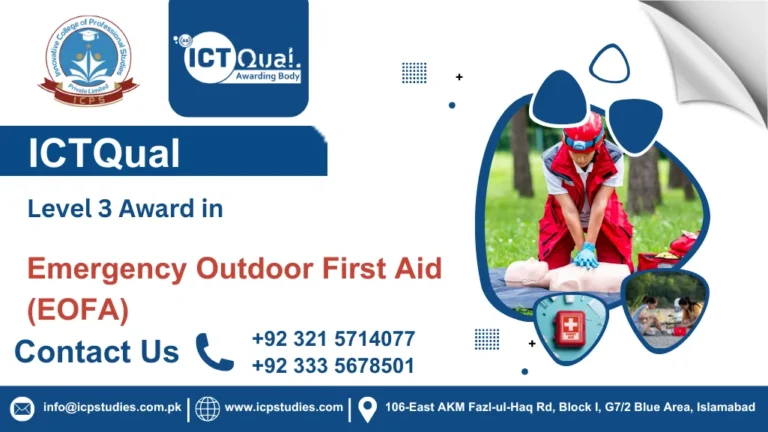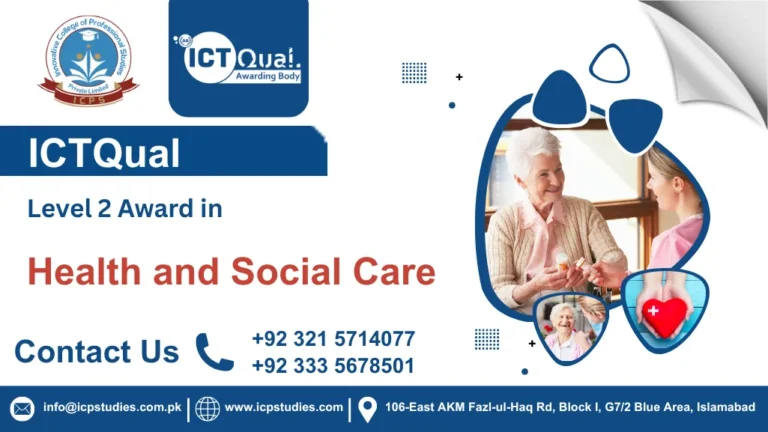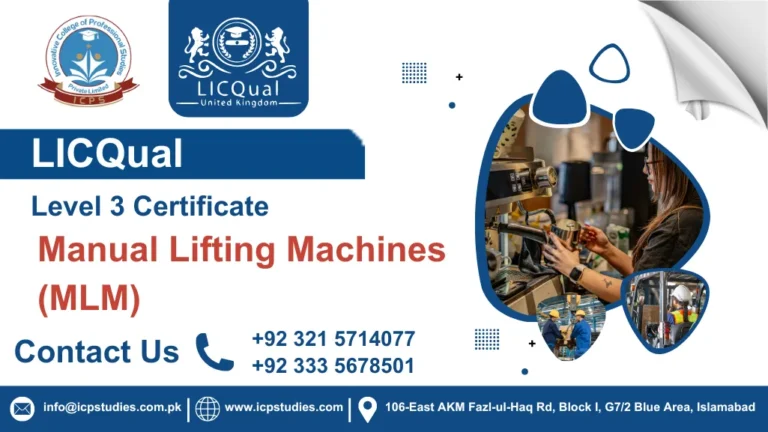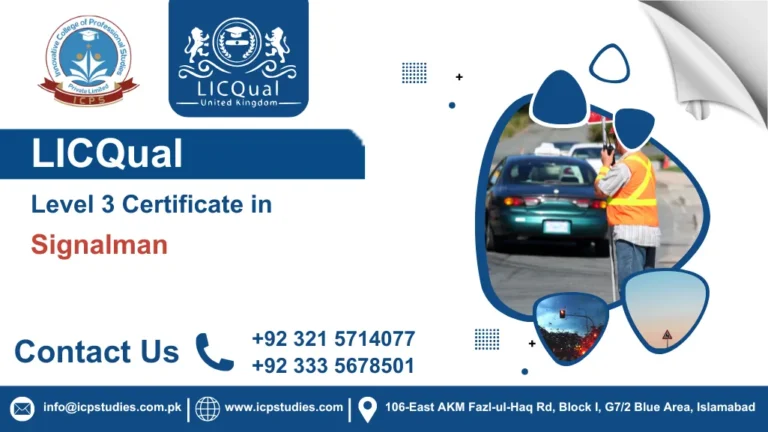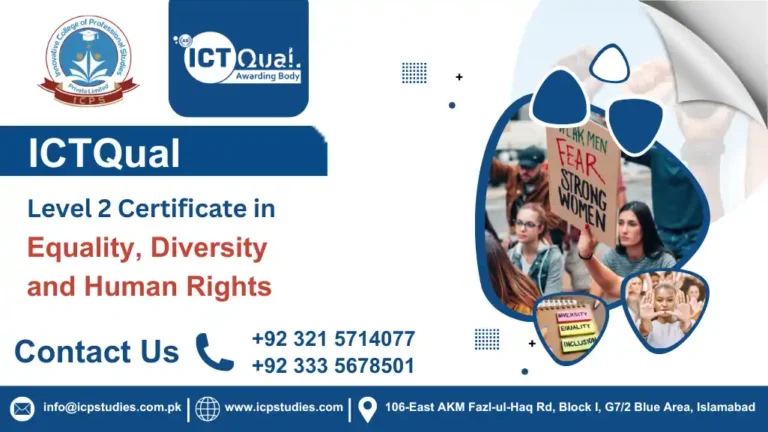The ICTQual Level 3 Certificate in Introduction to Cross-Cultural Awareness is a valuable qualification that provides learners with essential knowledge and insight into intercultural communication and sensitivity. This ICTQual Level 3 Certificate in Introduction to Cross-Cultural Awareness is designed to enhance workplace harmony, client relations, and international collaboration by developing an informed awareness of cultural diversity. Whether working in international teams, customer service, education, or community support roles, the ICTQual Level 3 Certificate in Introduction to Cross-Cultural Awareness prepares individuals to navigate diverse cultural contexts with confidence and empathy.
The ICTQual Level 3 Certificate in Introduction to Cross-Cultural Awareness offers a structured approach to understanding cultural differences and how they impact personal and professional interactions. Learners explore the values, beliefs, traditions, and social behaviours that shape individual and group identities. By developing cultural awareness, participants gain the skills to communicate effectively and respectfully in multicultural settings, manage misunderstandings, and promote inclusivity in both business and community environments. This ICTQual Level 3 Certificate in Introduction to Cross-Cultural Awareness focuses on practical learning and reflective thinking, enabling learners to apply their understanding in real-world scenarios.
The ICTQual Level 3 Certificate in Introduction to Cross-Cultural Awareness is more than a course—it is a step towards building respectful, inclusive, and globally-minded professional relationships. Whether for personal growth or career development, this qualification offers lasting value in today’s interconnected world. The ICTQual Level 3 Certificate in Introduction to Cross-Cultural Awareness supports learners in developing practical, globally relevant skills. As cultural diversity continues to grow in workplaces and communities, this ICTQual Level 3 Certificate in Introduction to Cross-Cultural Awareness prepares individuals to meet the demands of inclusive communication and professional cultural fluency.
All About ICTQual Level 3 Certificate in Introduction to Cross-Cultural Awareness
Course Overview
The ICTQual Level 3 Certificate in Introduction to Cross-Cultural Awareness is designed to help learners understand and navigate cultural differences in professional and social settings. With global interaction on the rise, this qualification equips individuals with the essential skills to communicate effectively across diverse cultures.
The course introduces key concepts such as cultural values, communication styles, identity, and social norms. It helps learners recognise how cultural backgrounds influence behaviours and perceptions, enabling them to engage more respectfully and confidently in multicultural environments.
Through practical case studies and interactive learning, participants explore how to manage cultural misunderstandings, challenge stereotypes, and promote inclusive practices in the workplace or community. The focus is on real-world application of cross-cultural skills.
This certificate is ideal for professionals working in customer service, education, healthcare, hospitality, or international business. It also supports those preparing for global careers or roles involving frequent intercultural interaction.
Study Units
- Advanced Theories of Culture and Identity
- Cultural Impact on Global Business and Diplomacy
- Leading Culturally Diverse Teams
- High-Context vs Low-Context Communication in International Settings
- Ethics and Cultural Considerations in Global Decision-Making
- Psychological Aspects of Cross-Cultural Adaptation
- Implementing Cross-Cultural Training Programmes
To enrol in this course, learners must meet the following entry criteria:
- Minimum Age: Applicants must be at least 16 years old at the time of registration.
- Educational Background: A basic secondary school education or equivalent is recommended.
- Work Experience: No prior work experience is required, though individuals working in multicultural or public-facing roles may benefit more directly from the course.
- Language Proficiency: Learners should have a good command of the English language, as the course materials and assessments are delivered in English.
This course is designed for individuals who interact with people from diverse cultural backgrounds in their personal or professional lives. It is especially suitable for:
- Customer service and hospitality staff working in multicultural environments
- Healthcare and social care workers supporting clients from varied cultural communities
- Educators, teaching assistants, and school administrators in diverse classrooms
- Professionals in international business or global customer-facing roles
- Students and graduates preparing for global careers
- Volunteers and NGO workers engaged in cross-border or intercultural projects
The qualification is ideal for anyone seeking to improve their cultural sensitivity, reduce misunderstandings, and promote inclusive communication across cultures.
Learning Outcomes
Advanced Theories of Culture and Identity
- Understand key cultural theories and how they shape individual and group identities
- Analyse how culture influences personal values, beliefs, and behaviours
- Reflect on one’s own cultural identity and its impact on interactions with others
Cultural Impact on Global Business and Diplomacy
- Identify how cultural differences affect international business operations and diplomatic relations
- Examine case studies illustrating cross-cultural success and failure in global contexts
- Apply cultural understanding to improve communication and negotiation outcomes
Leading Culturally Diverse Teams
- Develop skills to manage and motivate teams with diverse cultural backgrounds
- Recognise common challenges in multicultural teamwork and apply effective solutions
- Foster inclusive team environments that value diversity and collaboration
High-Context vs Low-Context Communication in International Settings
- Differentiate between high-context and low-context communication styles
- Identify how these communication styles impact workplace interactions and expectations
- Adjust personal communication approaches for better cross-cultural effectiveness
Ethics and Cultural Considerations in Global Decision-Making
- Understand ethical dilemmas in multicultural contexts
- Evaluate decisions based on cultural sensitivity and ethical frameworks
- Promote ethical leadership in cross-cultural environments
Psychological Aspects of Cross-Cultural Adaptation
- Explore emotional and cognitive responses to cultural change
- Identify the stages of cultural adaptation and common psychological challenges
- Apply coping strategies to support personal or team transitions in new cultural settings
Implementing Cross-Cultural Training Programmes
- Design and deliver effective cross-cultural awareness programmes
- Assess organisational needs for cultural training
- Promote ongoing cultural competence through structured learning and engagement
FAQs ICTQual Level 3 Certificate in Introduction to Cross-Cultural Awareness


